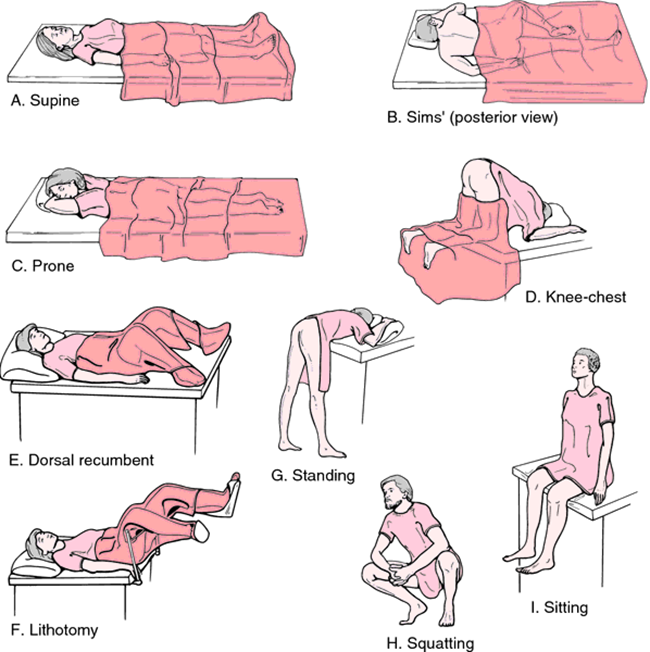The adult child of an older adult calls the nurse practitioner to report that the parent is becoming very confused after dark. What is this type of confusion named?
Cognitive dysfunction
Alzheimer's disease
Sundowning syndrome
Night-time confusion
The Correct Answer is C
A. Cognitive dysfunction: This is a broad term that includes various types of cognitive impairment.
B. Alzheimer's disease: This is a specific type of dementia, but it doesn’t specifically describe the timing of confusion.
C. Sundowning syndrome: This term describes increased confusion and agitation in the late afternoon and evening. It’s commonly seen in individuals with dementia.
D. Night-time confusion: This is a general term and doesn't specifically relate to the characteristic pattern of sundowning.
Nursing Test Bank
Naxlex Comprehensive Predictor Exams
Related Questions
Correct Answer is A
Explanation
A. Ongoing assessment: Ongoing assessments are continuous evaluations performed throughout the nurse's shift to monitor the client's status, response to interventions, and to adjust the care plan as needed.
B. Focused assessment: A focused assessment is targeted on a specific problem or area of concern, rather than a general or comprehensive evaluation.
C. Emergency assessment: An emergency assessment is rapid and focuses on identifying life-threatening conditions or urgent needs. It is not a routine, ongoing assessment.
D. Comprehensive assessment: A comprehensive assessment is an in-depth evaluation of the client's overall health status, usually performed upon admission or during initial evaluation. It is not typically repeated throughout the shift.
Correct Answer is C
Explanation
A. Lithotomy: The lithotomy position is primarily used for gynecological exams and procedures, where the client is lying on their back with legs elevated and supported. It is not appropriate for breast examination.
B. Sims: The Sims position, where the client is lying on their side with one knee bent, is typically used for rectal exams and certain types of enemas. It is not suitable for breast examination.
C. Supine: The supine position, where the client lies flat on their back, is the most appropriate for breast examination. This position allows for better palpation and inspection of the breasts and facilitates a thorough examination.
D. Prone: The prone position involves lying face down. This position does not provide access to the breasts and is not used for breast examination.

Whether you are a student looking to ace your exams or a practicing nurse seeking to enhance your expertise , our nursing education contents will empower you with the confidence and competence to make a difference in the lives of patients and become a respected leader in the healthcare field.
Visit Naxlex, invest in your future and unlock endless possibilities with our unparalleled nursing education contents today
Report Wrong Answer on the Current Question
Do you disagree with the answer? If yes, what is your expected answer? Explain.
Kindly be descriptive with the issue you are facing.
